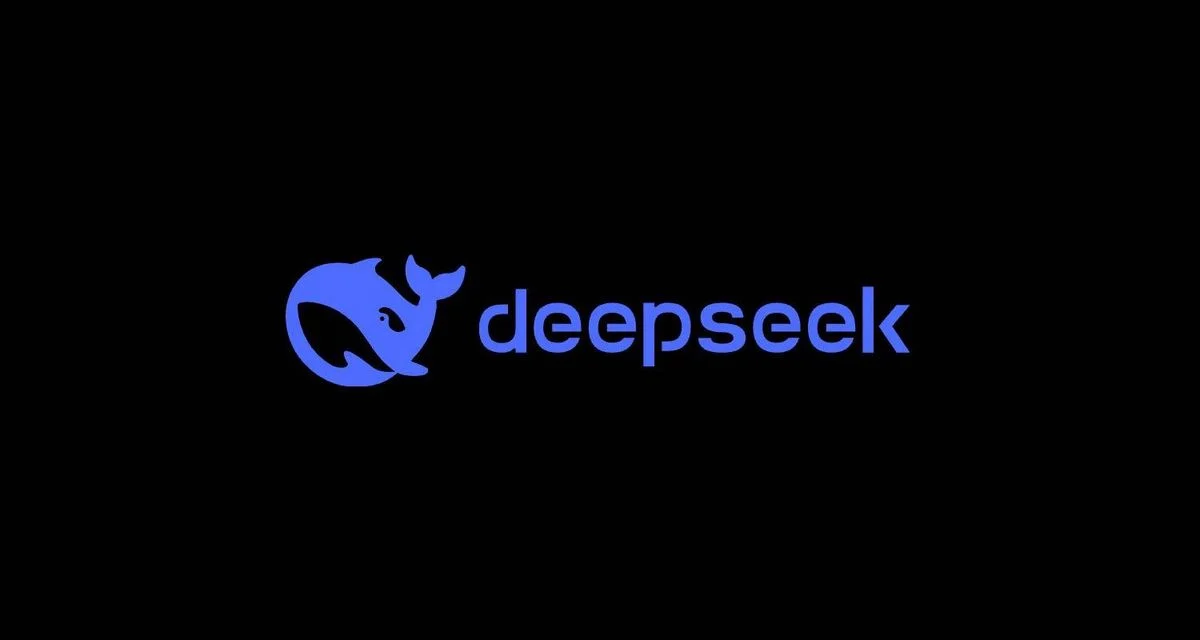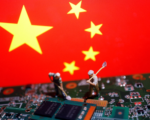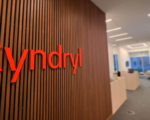China has significantly closed the artificial intelligence (AI) development gap with the United States, with companies like DeepSeek narrowing the divide to just three months in certain areas, according to Lee Kai-fu, CEO of Chinese AI startup 01.AI. Lee, a renowned figure in AI and former head of Google China, revealed in an interview that Chinese firms, particularly DeepSeek, have enhanced efficiency in chip usage and algorithm application, accelerating their progress.
DeepSeek’s launch of an AI reasoning model earlier this year challenged the assumption that U.S. sanctions were hindering China’s AI growth. The model, trained using less advanced chips, was cheaper to develop than its Western counterparts, shaking the global AI industry. Lee pointed out that previously, the gap between China and the U.S. was six to nine months, but now it has narrowed to just three months in some core AI technologies. In specific areas, Chinese companies have even surpassed their Western rivals.
Despite U.S. sanctions on semiconductors, which initially posed challenges, Lee believes that these constraints have driven Chinese companies to innovate. He noted that DeepSeek’s new approach to reinforcement learning—a technology that shows users the reasoning process before delivering answers—demonstrates this innovation, now on par or even ahead of U.S. developments.
Lee also highlighted that China’s tech sector, initially seen as trailing in AI development, rapidly entered the generative AI race after OpenAI’s ChatGPT launch in late 2022. With startups like DeepSeek and 01.AI entering the field, China’s AI capabilities have gained global attention.
Lee’s 01.AI, which he founded in 2023, focuses on practical AI applications rather than developing proprietary foundational models, aiming to help enterprises deploy AI solutions efficiently. The company launched Wanzhi, a software platform, earlier this month to assist businesses in integrating AI technologies, already generating revenue and forecasting substantial growth for 2025.

















